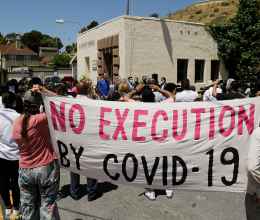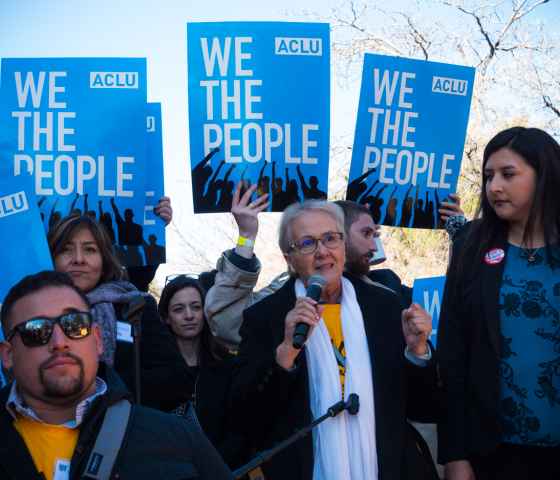Moved to Reform: Immigration Detention Reform under the Obama Administration
We recently reached the two-year anniversary of the Obama administration’s announcement that it would reform our country’s immigration detention system, moving from our current penal-based system of detention to a more humane system that is tailored to individuals who have only violated civil codes of immigration law. Tonight, PBS’s Frontline will debut “Lost in Detention,” an investigative documentary that will examine the progress of these reform efforts and where they still fall short.
Immigration advocacy groups have sized up the reform efforts thus far in comprehensive reports and blogs. They show that, although there has been some progress at the policy level, the detention conditions on the ground have not improved. Also, recent FOIA requests by the ACLU and the Houston Chronicle confirm that, internally, ICE is aware of the continued, severe problems in its detention system, despite publicly touting its reforms.
In all of this analysis of how far the Obama administration’s efforts have or haven’t come, immigration advocates should recognize that there have been some productive results in our collaborative efforts.
For example, two years ago, the Obama administration began ramping up Secure Communities, an immigration enforcement program that is ostensibly intended to identify serious criminals who are in the country illegally. In response, advocates went to work on exposing the program’s many problems , not the least of which is that the program compromises community policing models and undermines the public’s trust in local police by discouraging witnesses and victims from reporting crimes for fear that they will be deported. In addition, advocates noted that, despite the stated mission of the program, half of the people deported under Secure Communities have no criminal background. Immigrant advocates collaborated to develop successful campaigns urging states to withdraw from Secure Communities, ultimately convincing governors, mayors and chiefs of police to denounce the program publicly.
These efforts exposed the program’s many shortcomings in the public and the media. Eventually, the Obama administration took notice.
In “Lost in Detention,” Cecilia Muñoz, a top Obama official, acknowledges that the administration has heard the calls for reform, and has reacted to them. Although the administration has not suspended Secure Communities, there is some hope in that the administration announced changes to the program, including the use of prosecutorial discretion to reduce the deportation of immigrants without criminal histories. The administration also recently announced that it would review 300,000 cases currently in deportation proceedings.
These are not the best solutions, but they do represent progress.
Similarly, in the area of detention reform, advocates have had to expend herculean efforts and, while improvements have been far from overwhelming, there have been some wins. In 2009, a Freedom of Information Act request filed by the ACLU triggered a review of the system. The Obama administration took an honest look at its immigration detention system in a report it issued in October 2009. From that report followed announcements by the Department of Homeland Security about plans to reform the immigration detention system to one that is more suited for civil detention. Two years later, the system is still a far cry from one that is suited to civil detention. According to a recent report by Human Rights First, even if all of the planned reforms were implemented, only 14 percent of the immigrants detained would benefit. Nonetheless, that same report acknowledges some improvements.
Tonight, as we watch “Lost in Detention,” it will be easier to count the ways in which the system has not changed. I’m probably not giving out any spoilers in saying that the show reveals that the many of the reforms are “smoke and mirrors” rather than real change. It might be tempting to feel as if our efforts to win real immigration detention reform were in vain. Yet, change at a trickle is still progress, and the administration, though hard of hearing, is listening. Immigration advocates should watch “Lost in Detention” with this in mind. As Martin Luther King, Jr. once said, “[c]hange does not roll in on the wheels of inevitability, but comes through continuous struggle. And so we must straighten our backs and work for our freedom.”
Related Issues
Related content
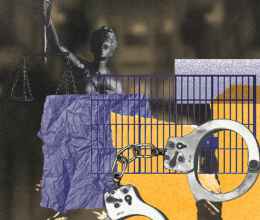
New Mexico Must Modernize Its Parole Board to Ensure Fair, Evidence...
January 22, 2025
Incarcerated Persons Menstrual Products
January 21, 2025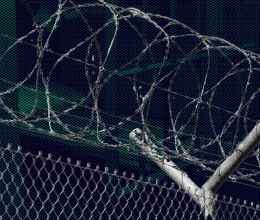
Preventing Mass Incarceration in New Mexico
January 21, 2025New Mexico Corrections Department Must Provide Life-Saving...
March 7, 2024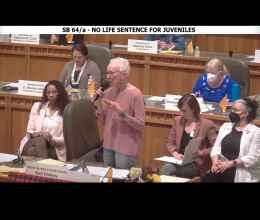
Juvenile Justice in New Mexico: One Step Forward, Three Steps Back
January 11, 2024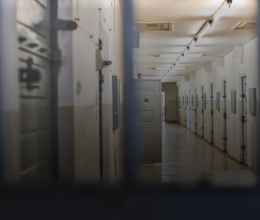
Inhumane Prison Conditions are Illegal and Hurt Us All
October 10, 2023
There's a Humanitarian Crisis at Western New Mexico Correctional...
July 6, 2023